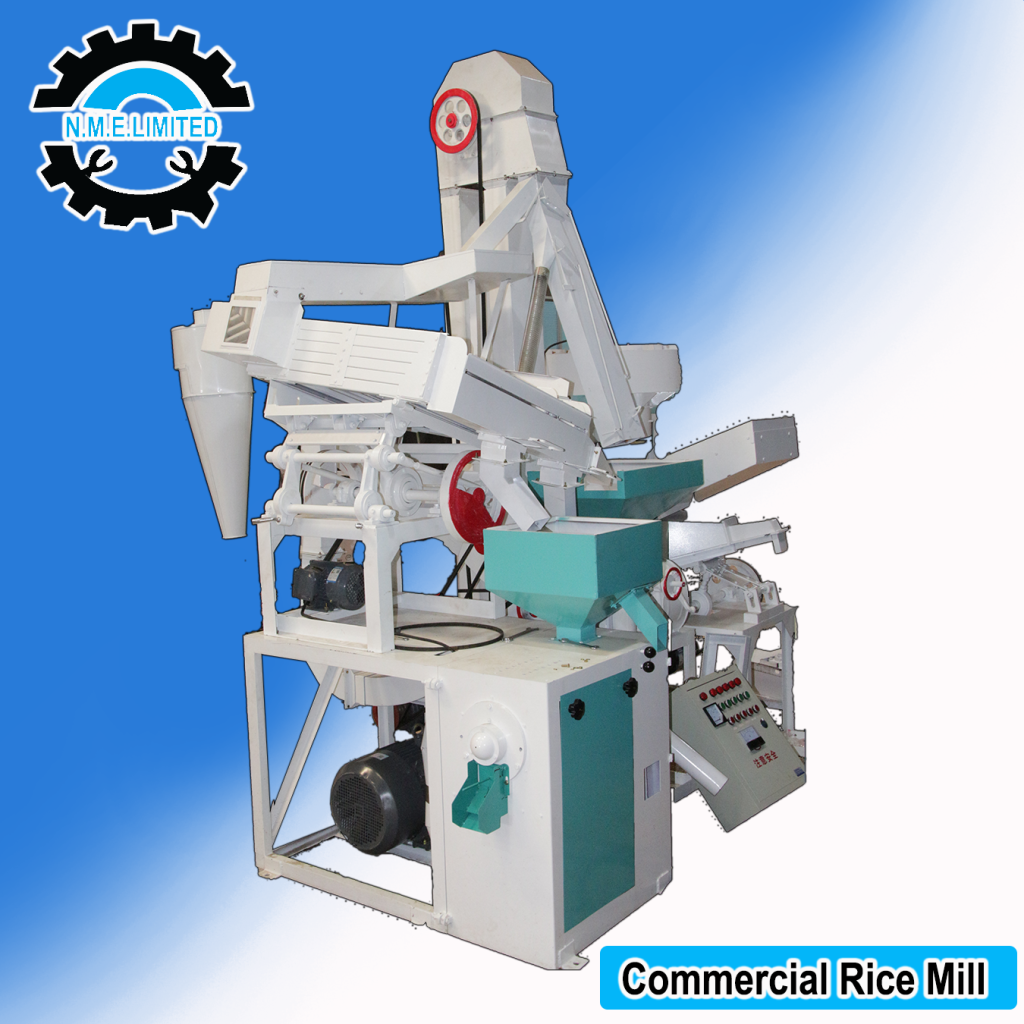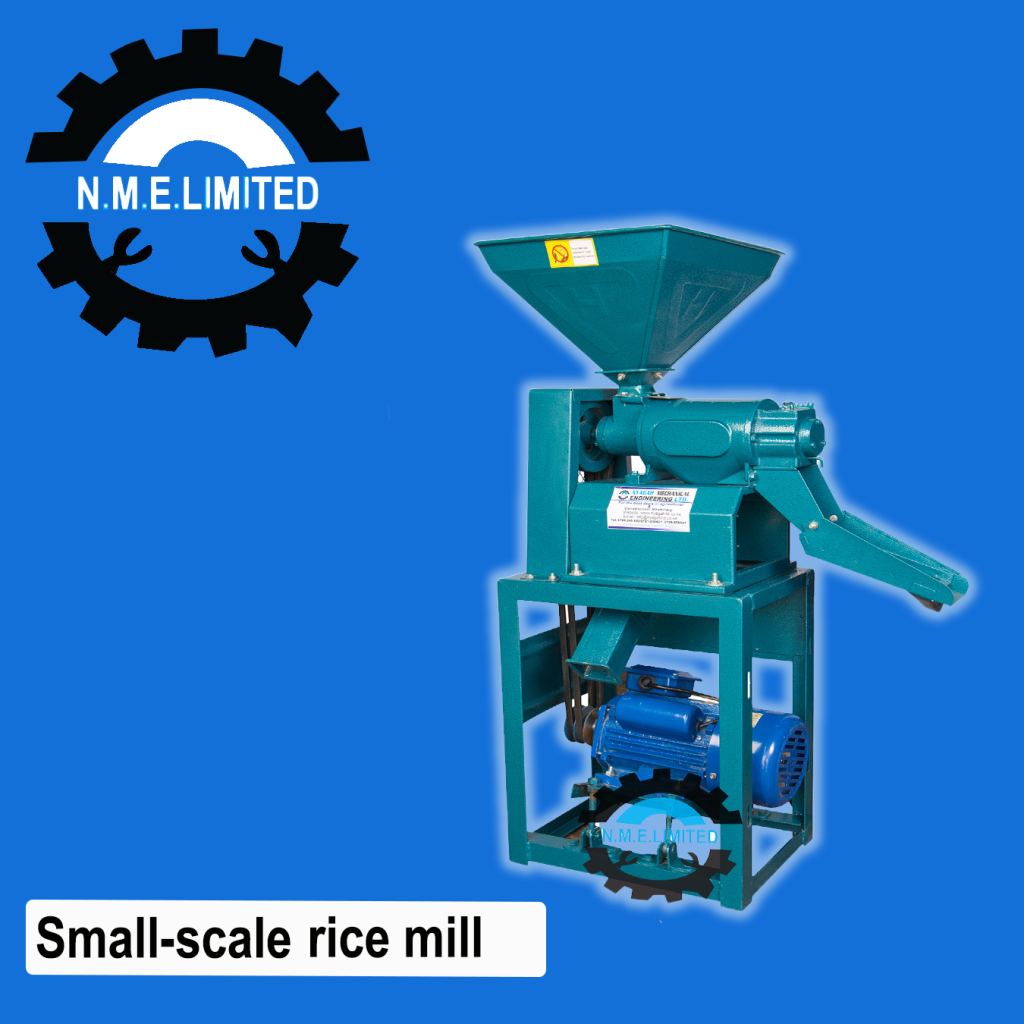Rice milling Business in Kenya.
The rice milling business in Kenya requires careful planning, market research, and compliance with local regulations. With proper execution, dedication, and hard work, your rice mill business can thrive and contribute to Kenya’s food security while generating profits due to the high demand for rice as a staple food in the country.
The rice milling business is done in Kenya on a small scale and large scale. We produce and supply quality machinery to suit all types of enterprises ie. small, medium, and large. Below is our commercial rice mill for large-scale production. It is capable of producing 15 tonnes per day.

For small-scale rice millers, we also supply smaller machinery with capacities ranging from 200 kg/hr to 500 kg/hr.

Here are some steps to consider when starting a rice mill business in Kenya:
1. Conduct market research:
Before starting any business, it’s important to understand the market and the demand for the product. Conduct market research to determine the demand for rice in the area where you plan to set up your business.
2. Develop a business plan:
A business plan will help you to plan and organize your business operations. It should include a description of your business, market analysis, financial projections, and marketing strategies.
3. Obtain necessary licenses and permits:
To operate a rice mill business in Kenya, you will need to obtain the necessary licenses and permits from the relevant authorities.
4. Secure funding:
Starting a rice mill business requires significant capital investment and one can secure funding from various sources such as banks, microfinance institutions, or investors.
5. Choose a location:
The location of your rice mill business is critical to its success. Look for a location that is easily accessible to your target market and has adequate space for your equipment and operations.
6. Purchase equipment:
You will need to purchase rice milling equipment such as a huller, polisher, and sorter. You can buy new equipment or consider buying used equipment to reduce costs.
7. Hire staff:
You will need to hire staff to operate and manage your rice mill business. Consider hiring experienced staff who have knowledge of rice milling and processing.
8. Develop a marketing strategy:
Develop a marketing strategy to promote your rice mill business and attract customers. You can consider advertising in local media, participating in trade fairs, and building relationships with rice distributors and wholesalers.
